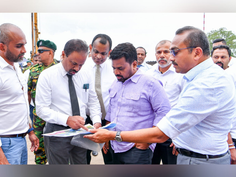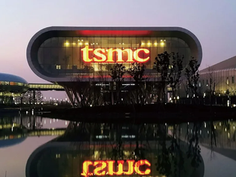Nepal’s Social Media Ban Sparks Deadly Protests and Political Upheaval
- Rahaman Hadisur

- Sep 11, 2025
- 2 min read
Hadisur Rahman, JadeTimes Staff
H. Rahman is a Jadetimes news reporter covering Asia

Nepal was rocked by massive protests after the government blocked access to major social media platforms. The ban, introduced at the start of September, cut off popular sites like Facebook, Instagram, YouTube, WhatsApp, and X. Officials said the move was meant to regulate online platforms that failed to register under new rules, but many saw it as an attempt to silence criticism and limit free expression.
The restrictions quickly fueled anger across the country, especially among younger people. For many, the ban was the final straw in a long list of frustrations over corruption, nepotism, and lack of opportunities. Social media had become a tool to highlight the privilege of political families while ordinary citizens struggled with poor services and limited jobs.
On September 8, tens of thousands of mostly young protesters poured into the streets of Kathmandu and other cities. Demonstrators clashed with security forces, stormed government buildings, and set fire to offices and residences linked to political leaders. Police responded with tear gas, water cannons, rubber bullets, and live fire. By the end of the day, at least 19 people had been killed and many more were wounded.
The scale of the unrest shook the government. The home minister resigned, admitting moral responsibility for the crisis. Soon after, Prime Minister K.P. Sharma Oli also stepped down along with several other officials. The government lifted the social media ban and promised free medical treatment and compensation for victims’ families. A panel was formed to investigate what led to the deadly escalation.
Despite these concessions, protests have not completely stopped. Curfews and bans on public gatherings remain in place in several districts. The army has been deployed to maintain order.
Analysts say the demonstrations mark a turning point for Nepal’s younger generation. The protests were not only about social media but also about years of frustration with corruption, inequality, and lack of accountability. Many believe the Gen Z movement has signaled a new phase in Nepal’s political struggle, one where young voices can no longer be ignored.











































Comments